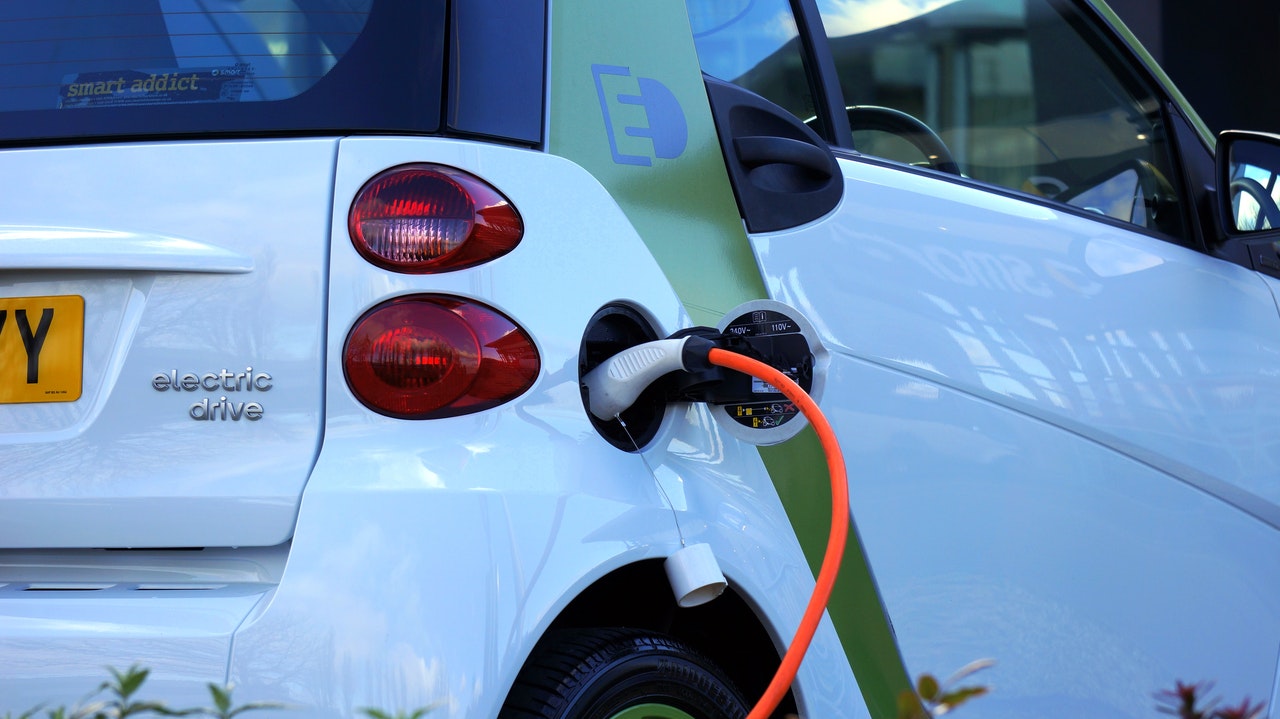The transport sector is a massive consumer of energy. According to a report on sustainable development goals, the transport sector consumed sixty percent of the global oil products between 2010 and 2015. Road vehicles, including auto transport service, contribute to a large chunk of the entire transport sector’s energy consumed. Efforts are being taken to implement sustainable transport policies, speed up research for efficient batteries, and increasing the share of renewable and sustainable alternative fuels in transport.
The Past
Though it looks like electric vehicles are a relatively new concept for transportation of the modern world, they have been around for quite some time now. In the early days, electric cars were confined to the limitations of battery technologies. They couldn’t match with the cost and practical usage of the traditional internal combustion engine vehicles.
Also, back in the day, there was a shortage of battery infrastructure. This led to electric vehicles falling short in front of other cars. The EV-1 was launched by GM in the late nineties and is the first electric car in the modern-day world. This electric vehicle was limited in number and could only be leased. This led to the car being discontinued from the market.
At the dawn of the new millennium, there was a surge in fuel prices and environmental awareness. This again led to an increase in the use of electric vehicles. Tesla, a company based in California in the United States, built an electric car named Roadster. This vehicle had an impressive performance. It was charged by batteries and was a bit costly than the traditional vehicles.
But today, the electric vehicle sector has advanced to a great extent. A wide range of vehicles is now available at a lower cost than what it was before. Better charging options, too, are now available. The most prominent feature is the inclusion of advanced technologies like AI in the form of autonomous driving.
The Present
Major car manufacturing companies are introducing electric vehicles that cater to the varying needs of the people. They are available in various sizes, price ranges, and comfort levels. Major car manufacturers have announced to convert all their traditional car variants into electric ones. Also, the prices of electric vehicles will reduce in the coming future. This will be due to technological advancements and competition between manufacturers.
Many new start-ups have come up in different countries catering to electric vehicles’ needs, like charging, batteries, service vehicles, etc. Electric vehicles simpler to manufacture than traditional cars, and also, there is ample room for innovation. But, specific challenges are facing the electric car market.
The Challenges
Charging systems is of utmost importance for an electric vehicle. Without any efficient charging system, it would be difficult for any advancement in electric vehicles. The battery’s charging depends on the type of the battery and the type of connection of the source. Given the number of comforts that the car manufacturing companies provide in their cars, and suppose we expect the same from electric vehicles, then a large battery would be required. It is seen that the batteries charge up at a faster rate up to a certain level, and then the charging becomes slow. Hence, further research needs to be done to produce efficient batteries.
There are different charging levels of a battery: level 1, level 2, and level 3. Level 3 charging stations are expensive. They need a large electric setup and hence are only available in commercial spaces. Whereas level 2 charging and be kept at home too. Though it would need a buyer to shed in an extra amount, it is worth it. The car can be charged at home overnight. The cost of charging an electric vehicle depends on the power’s price and the distance the car has traveled.

Electric vehicles are cost-effective since they have efficient regenerative braking than traditional internal combustion engine vehicles. Money can also be saved using an electric vehicle as there won’t be expenses on coolants, oil, transmission, fuel, etc. Electric cars can be charged using renewable power sources like solar energy. This will reduce the burden on charging stations that, in turn, put a load on the power supplying infrastructure.
The Future
It is hard to predict the future of electric vehicles, but with the advancement in battery and charging systems, there will be a rise in their usage. Also, electric cars are safer, greener, and faster. There is a high chance that all the vehicles in the future would be electric.
When you look at the current trends, the future seems to be electric unless some other technology emerges and proves better than electric cars.
